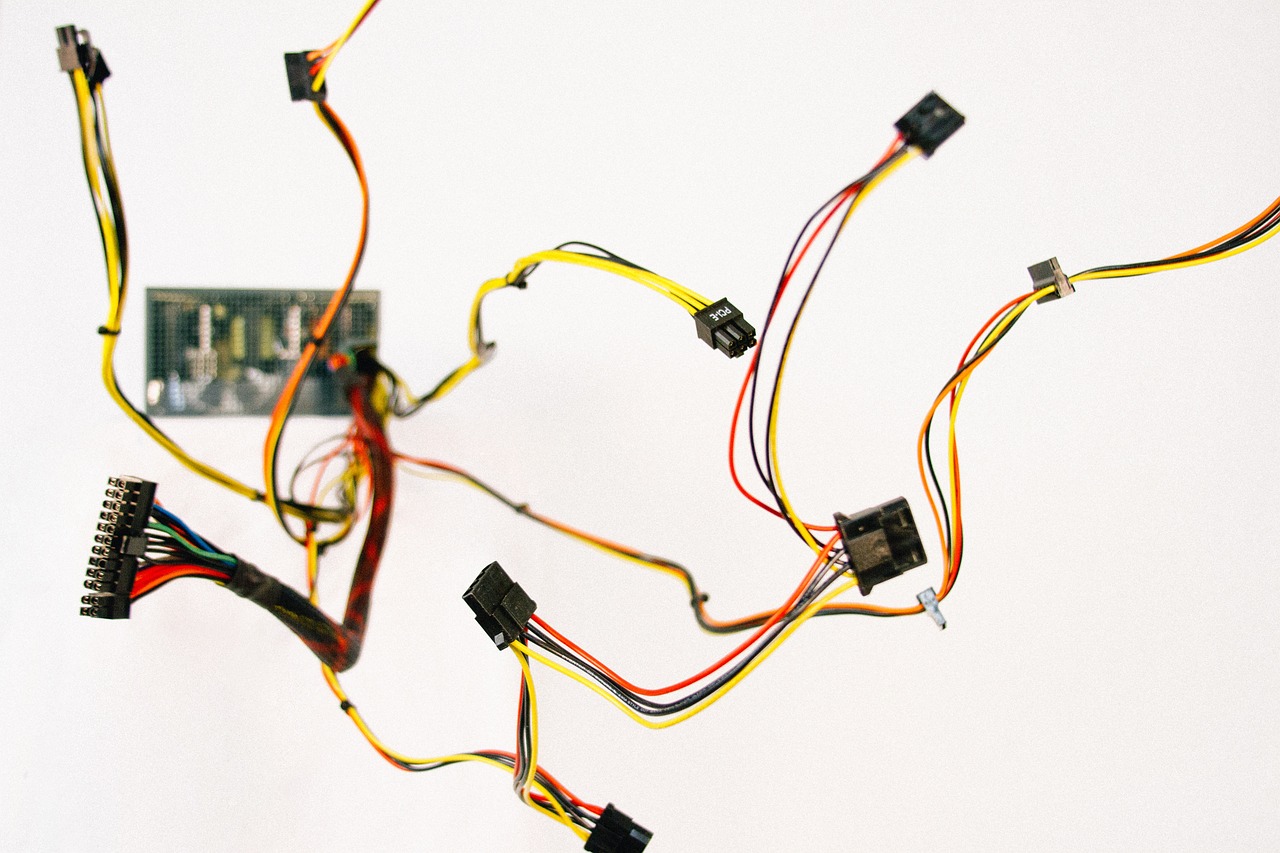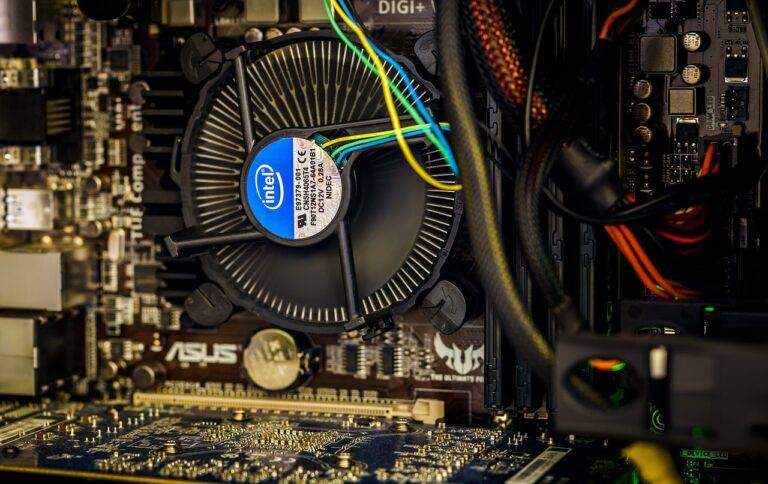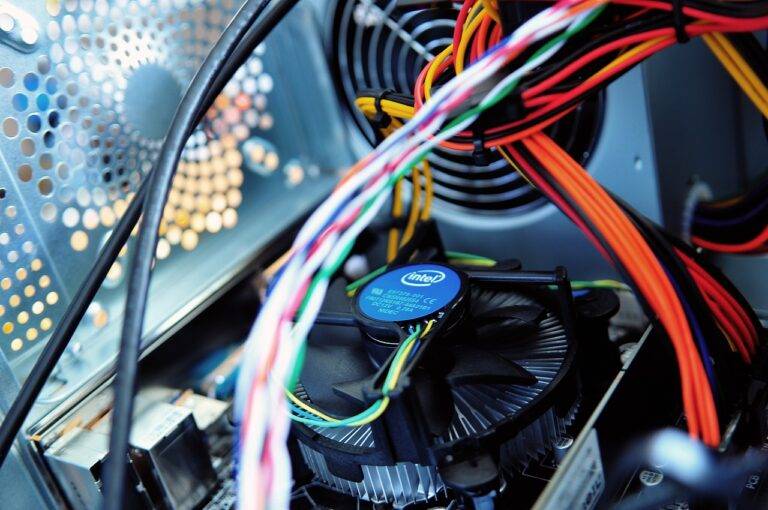The Future of Biometric Health Monitoring Devices
Wearable devices are gaining traction in the healthcare industry, offering a range of features designed to monitor vital signs, track physical activity, and even detect potential health issues early on. With the convenience of real-time data collection and analysis, these devices have the potential to empower individuals in managing their own health and well-being. From smartwatches that can monitor heart rate and sleep patterns to fitness trackers that provide personalized workout recommendations, the functionality of wearable devices continues to evolve at a rapid pace.
Moreover, the integration of biometric sensors in these wearable devices has significantly enhanced the accuracy and reliability of health data monitoring. Biometric sensors can capture detailed information about an individual’s physiological parameters, allowing for more personalized insights and actionable feedback. This increased precision in data collection not only benefits individuals in making informed decisions about their health but also enables healthcare professionals to deliver more targeted and effective treatment plans.
Advancements in Biometric Sensors and Data Accuracy
Biometric sensors have rapidly evolved in recent years, offering increased accuracy and reliability in healthcare applications. These sensors can now capture a wide range of vital signs such as heart rate, blood pressure, and oxygen saturation with precision, providing healthcare professionals with real-time data to make informed decisions. The integration of advanced algorithms has further improved the data accuracy, reducing the margin of error and enhancing the overall quality of health monitoring devices.
Furthermore, the miniaturization of biometric sensors has enabled the development of wearable devices that can seamlessly collect and analyze data without causing discomfort to the user. This enhanced portability and convenience have opened up new possibilities for continuous health monitoring, allowing individuals to track their health metrics on-the-go. With the continuous advancements in biometric sensors and data accuracy, the healthcare industry is poised to witness a revolutionary shift towards personalized and proactive healthcare solutions.
Integration of Artificial Intelligence in Health Monitoring Devices
Artificial intelligence (AI) has undeniably transformed the landscape of health monitoring devices in recent years. By leveraging AI algorithms, these devices can now provide users with real-time, personalized insights into their health metrics. From tracking heart rate variability to detecting irregularities in sleep patterns, AI-powered health monitors offer a level of accuracy and precision that was previously unimaginable. This integration of AI not only enhances the overall user experience but also opens up new possibilities for proactive health management.
Moreover, the incorporation of AI in health monitoring devices has paved the way for predictive analytics and early intervention strategies. By analyzing vast amounts of data collected from users, AI algorithms can identify patterns and trends that may indicate potential health issues before they escalate. This predictive capability allows individuals to take preemptive measures to address health concerns, ultimately leading to improved outcomes and a more proactive approach to healthcare. The seamless integration of AI in health monitoring devices marks a significant step towards personalized, data-driven healthcare solutions.
How can wearable devices revolutionize the healthcare industry?
Wearable devices have the potential to provide real-time monitoring of health metrics, leading to early detection of health issues and personalized healthcare interventions.
What advancements have been made in biometric sensors for health monitoring devices?
Biometric sensors have become more accurate and reliable, allowing for precise measurement of vital signs such as heart rate, blood pressure, and oxygen saturation.
How is artificial intelligence integrated into health monitoring devices?
Artificial intelligence algorithms are used to analyze the data collected by health monitoring devices, providing insights into trends, patterns, and potential health risks for the user.





